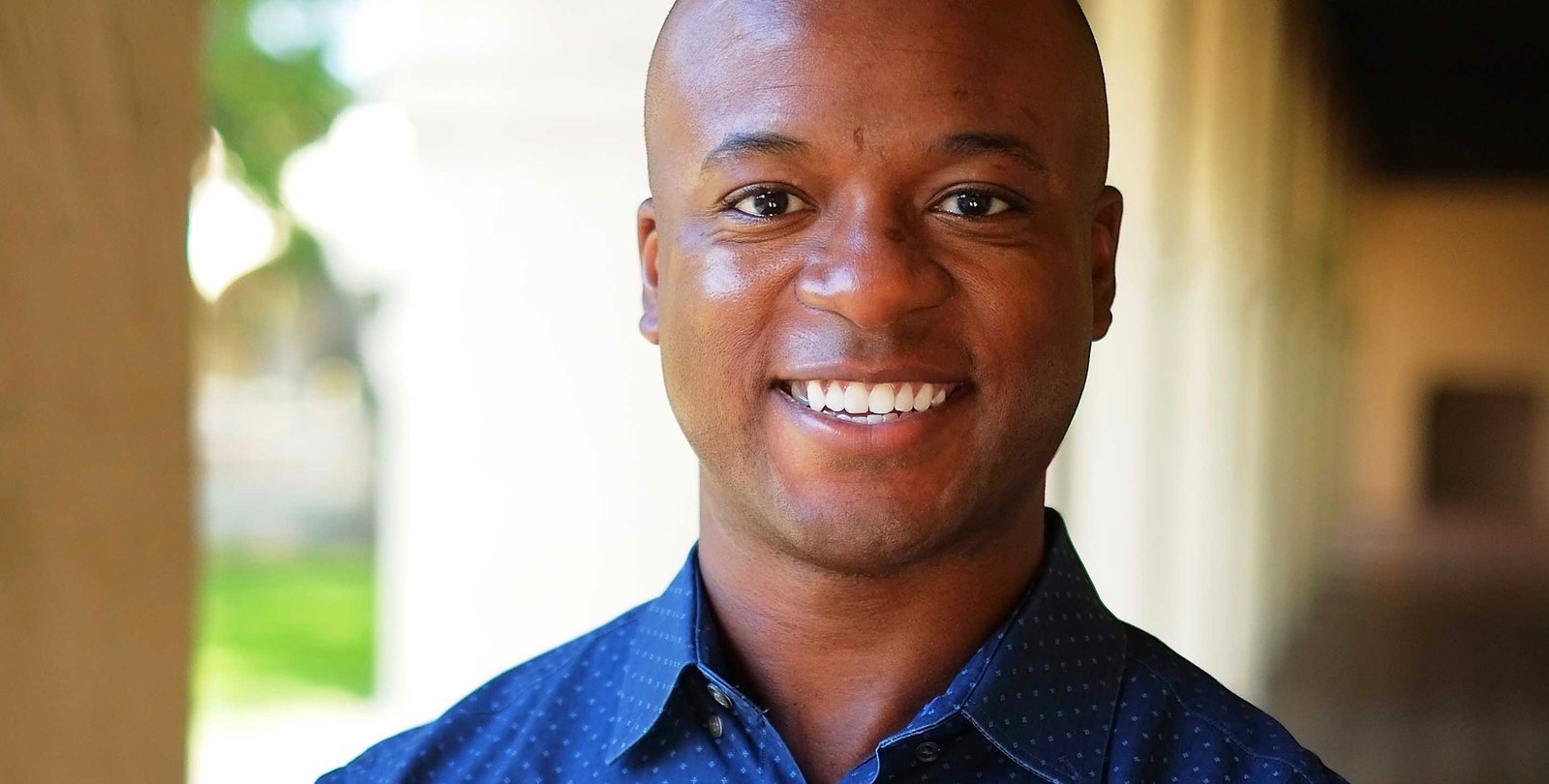The Department of Energy (DOE) has announced that John O. Dabiri (MS '03, PhD '05), the Centennial Professor of Aeronautics and Mechanical Engineering, has been appointed to the Secretary of Energy Advisory Board (SEAB).
The board is an important component of the DOE's strategy to improve its research and development portfolio and program activities, according to the department. Members of the SEAB are appointed for a two-year term and represent academic institutions, nuclear security experts, labor unions, utility companies, energy equipment manufacturers, low-income consumers, and nongovernmental organizations.
The SEAB meets quarterly to advise Secretary of Energy Jennifer Granholm on how best to achieve the department's priorities and offer recommendations on scientific, technical, and programmatic issues relating to the successful execution of the department's mission. Members also help identify emerging issues related to the DOE's activities and offer suggestions for operational improvements.
The DOE is the nation's largest funder of physical sciences. Its 2019 fiscal budget included $6.6 billion to support a portfolio of basic research, including grants and contracts supporting over 25,000 researchers located at over 300 institutions and all 17 DOE national laboratories.
"I'm excited to work with the secretary to ensure strong support for fundamental science research, especially in areas where the technological application might be hard to predict today," Dabiri said. "Secretary Granholm's vision to accelerate deployment of climate solutions matches my own sense of urgency to advance sustainability. I'm honored by the opportunity provide advice where it can be helpful for achieving that goal."
Dabiri joined Caltech's faculty as an assistant professor in 2005, after receiving his MS and PhD from the Institute in 2003 and 2005, respectively, and was named associate professor in 2009. He became a professor in 2010 and served as chair of the faculty from 2013–14 and as dean of undergraduate students from 2014–16. He accepted a faculty position at Stanford University in 2015 and then rejoined the Caltech faculty in 2019 as Centennial Professor.
"The DOE is also key for technical workforce development in the U.S. via the system of national labs under its purview," Dabiri added. "The SEAB could present a unique mechanism to ensure that we're attracting and engaging the best scientific talent from all parts of the country in STEM research."
In September, Dabiri was appointed to the President's Council of Advisors on Science and Technology (PCAST), joining a group of 30 top scientists and engineers, including Frances Arnold, Caltech's Linus Pauling Professor of Chemical Engineering, Bioengineering and Biochemistry. The board advises the president on matters involving science, technology, education, and innovation policy.
"I expect both PCAST and SEAB will bring complementary perspectives to the Biden administration's efforts to ensure national leadership in science as well as in addressing climate change," Dabiri said. "I'll be mindful of potential synergies between the work of the two groups."
Dabiri's research is focused on unsteady fluid mechanics (in which the speed of the flow is not constant) and flow physics, particularly as they relate to biology, energy, and the environment. His study of the movement of schools of fish led to new insights into the design of wind farms, and his work on jellyfish led to the development of a tissue-engineered freely swimming jellyfish, the creation of which could help inform our understanding of the human heart. More recently, he has developed implants that modulate the motion of natural jellyfish (causing them to swim faster and more efficiently) for potential use as robotic ocean sensors. Dabiri was named a MacArthur Fellow in 2010; was listed as one of MIT Technology Review's Innovators Under 35 in 2013; and received the National Science Foundation's Alan T. Waterman Award, which recognizes exceptional researchers age 40 or younger, in 2020.
Arun Majumdar, the first director of the Advanced Research Projects Agency—Energy, will serve as the SEAB chair. Madelyn Creedon, who previously served as principal deputy administrator of the National Nuclear Security Administration, will serve as vice chair.

